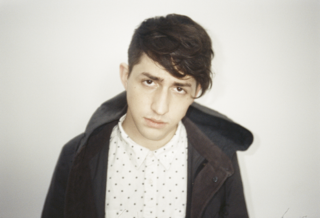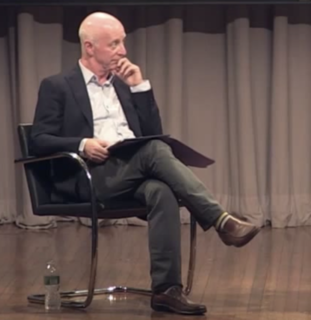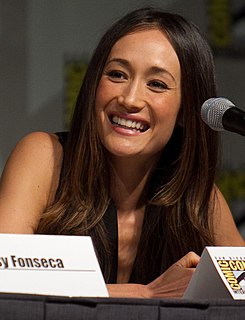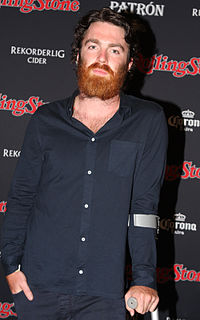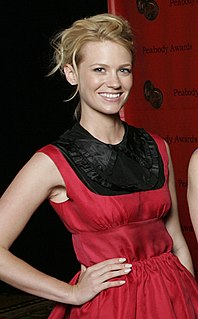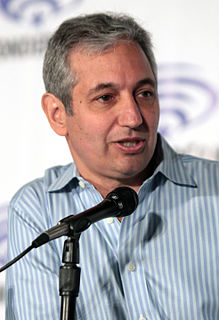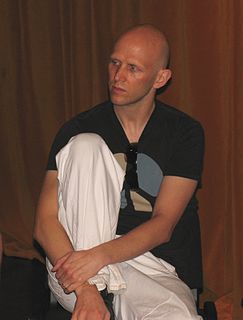A Quote by Porter Robinson
I think it's important to form a connection with an audience to a point, but I also feel like there's an instructive element to what you're doing. And I think it's necessary to challenge people.
Related Quotes
I think it's necessary to evaluate a skyscraper at multiple scales, since that's how we experience it: from right next to it on the street to from across the river, as well as at all kinds of points in between. It's important to think of it as an element in a larger skyline, but also as an element in an immediate streetscape.
I don't think you can be successful in television without appealing to women. I don't think it's possible. I think that men like women. It doesn't really matter what they do - they love anything. But women don't necessarily like every woman, so I think that's a challenge to get the female audience to not only relate to you but also like you.
I think that connection with humans is so important. Sometimes I'll do this monologue and talk to the crowd, like, 'Come on, let's really connect here.' I don't think a lot of people understand it's a two-way exchange. Some people go to a show and are like, 'Yeah, you make me feel.' That's not how it works.
I guess I have some kind of a visceral connection with drums. I'm looking to create music that people can react to viscerally, and people will respond to viscerally. I think that you can listen to music, to a song you've never heard before and not really like it, but also feel like you're responding to it physically whether you like it or not. I think that's a powerful aspect about music, and I think that's something that draws me to drums.
I've never been trained as an actress, so it's all instinct. I just let myself go into this kind of a free fall. Sometimes I feel scared, or out of my element - like everyone else knows what they're doing but me. I don't know . . . Maybe I function well with fear or I like to be faced with a challenge . . . I think I'm just a work in progress.
I think you have to do the stories that interest you and hope an audience likes it, rather than doing stories that you think the audience will like, whether you like them or not. I think there has to be something that you find compelling and interesting, and then hopefully an audience will agree with you.
